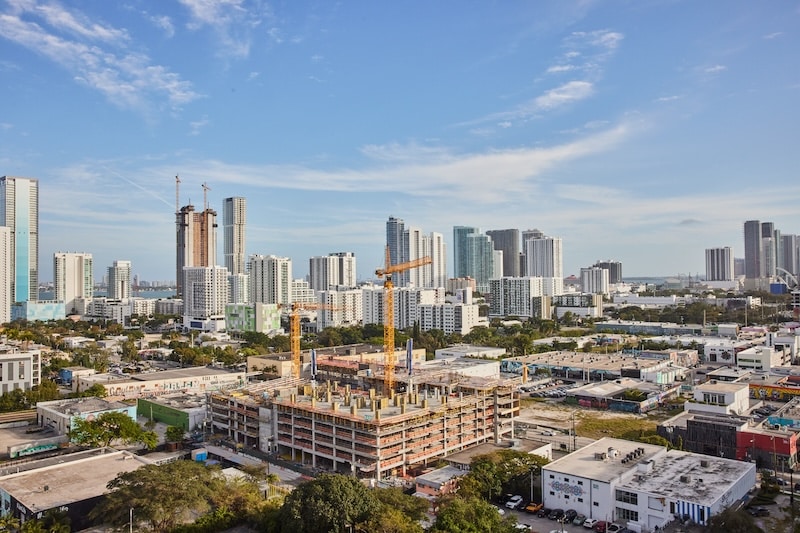
Flexibility 360°
Warsaw, August 27th, 2020
The market for flexible office space has been experiencing dynamic growth for several years. The COVID-19 pandemic has changed a lot of things about our daily lives, also in the office sector, and thus has significantly affected tenant preferences. Many tenants have made or are considering a decision to move some of their branches or even headquarters to flexible spaces. The main reasons for the growing interest in flex spaces include the possibility of enlarging or reducing the space, no long-term commitments, and no need for investment outlays.
According to the analysis by experts from Mindspace, a global operator of boutique, flexible workspaces, during the pandemic, many companies have started considering flex spaces as an alternative to traditional offices. Flexibility has gained importance for both employers and their employees. Although working from home has proved to be possible not only on a temporary basis, the natural challenges of working from home encourage employees to return to offices—but offices offering much more than before. This is why flex spaces are constantly growing in importance.
Flexible agreement
The lease of flex office space is an attractive solution for many reasons. The most important reasons include optimization of expenses, short notice periods, and the possibility to reduce or enlarge the leased space at any time, without the need to sign long-term commitments.
One of the leading operators offering flexible lease agreements is Mindspace, which currently has 31 locations worldwide. The company offers a month-to-month space lease, as well as leases for longer periods, so each client has the opportunity to work in the best time and place for themselves. In every Mindspace location, to the clients’ disposal are private offices and shared areas, which are available to all members 24 hours a day.
Yotam Alroy, Co-founder and CBO of Mindspace, said: “We are experts in flexible lease terms, which is valued by both our existing and new clients. Since the beginning of Mindspace operations, we have offered and still offer tailor-made agreements taking into account the individual needs of each tenant —and this is what many companies are looking for especially now. Therefore I am convinced that in such uncertain times like these, flex office space lease is the ideal solution. Depending on the direction the market is heading, we respond and adapt to new circumstances at a really fast pace if necessary. There is no denying that the flexibility of Mindspace has several advantages.”
Financial aspect
In response to the increasing number of questions about the advantages of flex spaces, Mindspace has created a special calculator. With the algorithm, it contains, every business owner can check which solution—leasing a traditional office or a flexible space—will be more profitable for them in financial terms. Just punch your specifics into the calculator: city, number of employees, projected lease period, and preferred amenities. On the basis of the information provided, the algorithm will calculate the estimated cash expenditure in euros and cents.
As it turns out, the lease of flexible workspaces can potentially save companies up to 60% in costs. Of course, the amounts depend on different parameters. However, what never changes is that companies deciding to lease flex spaces share them with others in a way. The savings result from sharing conference rooms, kitchens, hallways, and bathrooms, and from much lower cleaning, maintenance, internet, and insurance costs. There is also no need to buy furniture or office equipment. The Mindspace algorithm shows savings of about USD 244,000 for a company of 25 people when choosing a flexible office for three years in San Francisco for example. Thus there is no doubt that in times of pandemic and economic slowdown, the right business decisions are much more valuable than before.
The Mindspace calculator is available here.




